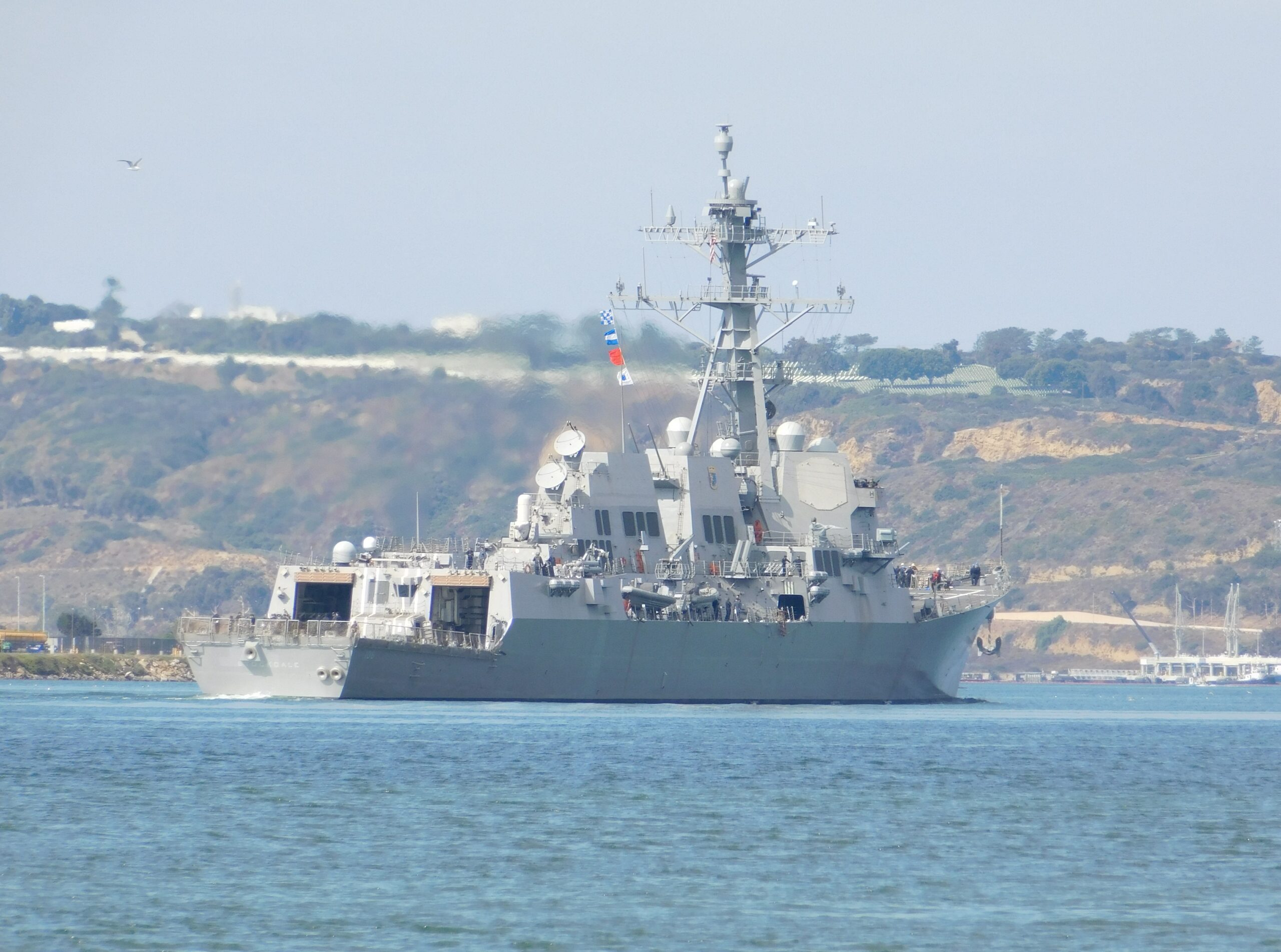This post is also available in:
 עברית (Hebrew)
עברית (Hebrew)
 U.S. Army War College in Carlisle, Pa. has grouped together the best minds on cyber in order to brainstorm and create a new defense strategy against a massive cyber attack that could be brought on against the country some day. The participants were gathered for a three day conference which included 24 experts from private, academic, goverment and military sectors, while simultaneously holding high-level talks between China and the United States for the Strategic and Economic Forum in Washington. As background for these two conference it should be pointed out that only several months ago it was published that hackers have broke into U.S. government databases and stole private information belonging to four million state employees, and the Americans are pointing the finger to China. Officials close to the Washington Forum have said that the cyber issue will be brought up in order to clear the air as much as possible before the arrival of the Chinese President to the White House this December.
U.S. Army War College in Carlisle, Pa. has grouped together the best minds on cyber in order to brainstorm and create a new defense strategy against a massive cyber attack that could be brought on against the country some day. The participants were gathered for a three day conference which included 24 experts from private, academic, goverment and military sectors, while simultaneously holding high-level talks between China and the United States for the Strategic and Economic Forum in Washington. As background for these two conference it should be pointed out that only several months ago it was published that hackers have broke into U.S. government databases and stole private information belonging to four million state employees, and the Americans are pointing the finger to China. Officials close to the Washington Forum have said that the cyber issue will be brought up in order to clear the air as much as possible before the arrival of the Chinese President to the White House this December.
In the Carlisle conference, an army official attending has said that in case of a significant cyber attack, a significant response should be made which will not be limited to the virtual space, but also include use of lethal force. The talks have also emphasized the need to work towards forming a response strategy as soon as possible since the large cyber attack has proved the significance of the threat and the need to act out against it. These sort of attacks could affect U.S. citizens all over the country.
The U.S. heightened attention to cyber threats is nothing new: For a decade now great efforts are put into offense doctrine, but now much is about defense. In February this year another cyber security debate was held in the army war college and the state’s recommendations were to increase the involvement of the Ministry of Defense in planning a national cyber response, both country and local, as well as increasing security for national infrastructures such as power plants.

























